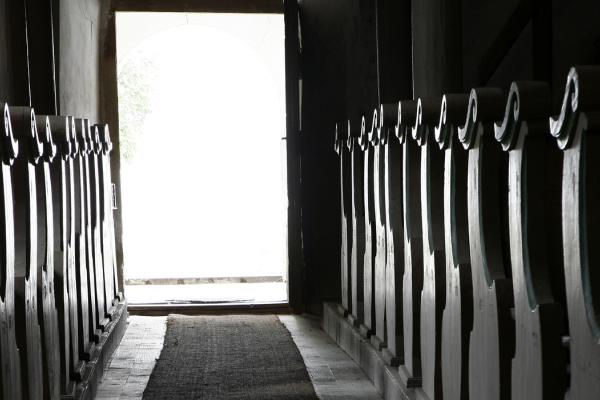Aug 17, 2016
If I’m completely honest, I’ve been really discouraged as of late. A major source of my discouragement has been the way the American evangelical church (a tribe I have identified with for most of my life, so my critique and exhortation will be directed there) has chosen to engage the world in this season marked by division, violence, and trauma. Now, I admit I’m speaking in generalities, but rather than being the healing balm to society’s gaping wounds, we have often contributed to the bleeding by either withdrawing in fear or adding fuel to the violence.
Read the Full Article

Already a subscriber? Login
